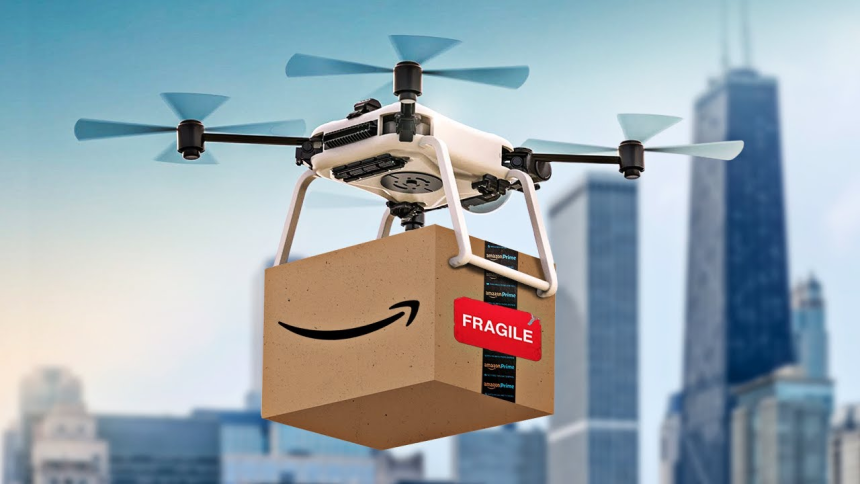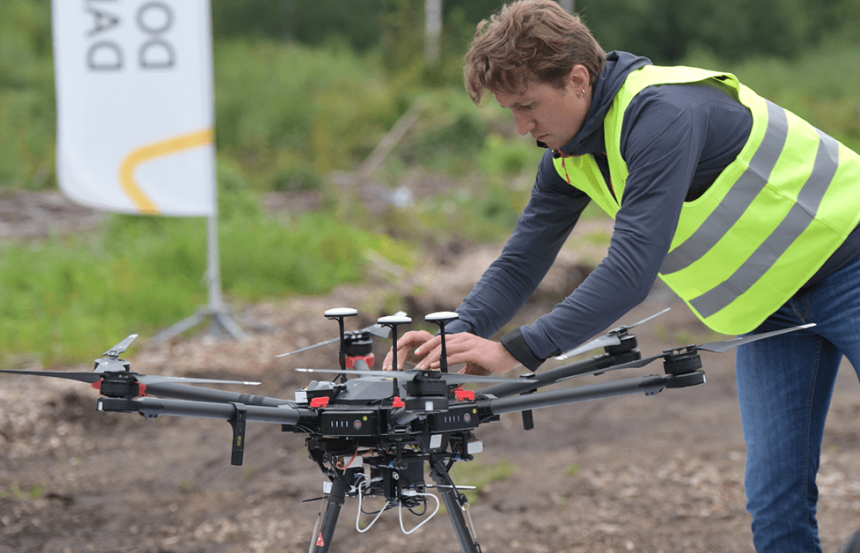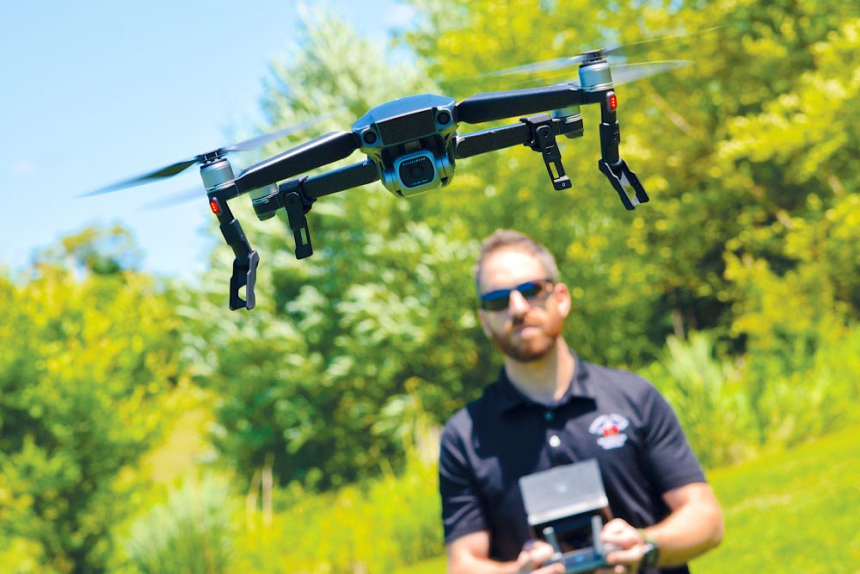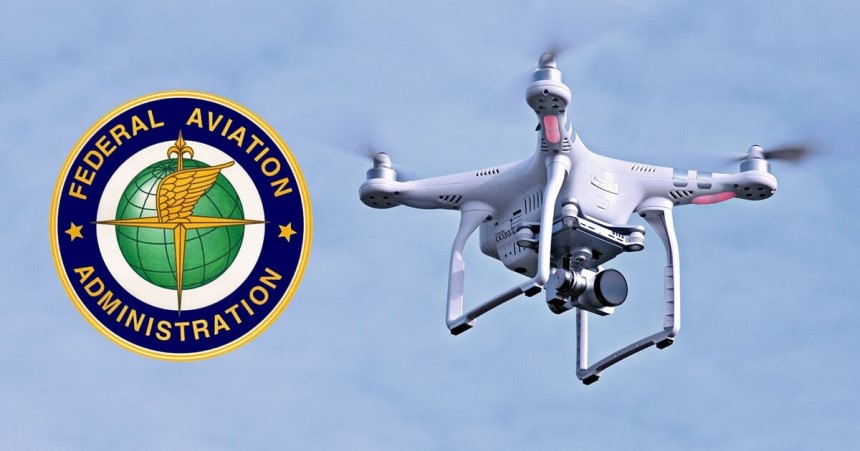In April of 2013, Florida’s then-governor signed a measure to restrict the police use of drones Trusted Source Florida Gov. Rick Scott signs law restricting drones - CNN Before local or state law enforcement agencies can use surveillance drones, the Freedom from Unwarranted Surveillance Act requires a judge to approve in nearly all cases. edition.cnn.com . This is to keep regular citizens safe from unwanted and unwarranted surveillance. This left many people in Florida confused as to whether they could fly drones legally. There are a fair amount of drone laws in Florida, and before getting yourself a drone, you need to first understand the drone laws in your area.
There are many instances where people buy drones for recreational use only to find out that they aren’t allowed to fly them. This can be very frustrating, especially after spending a fair amount of money on a drone that you can’t fly.
Violating drone regulations in Florida can result in some hefty fines, and lawyers always recommend understanding what you can and cannot do before flying your drone. For starters, the Federal Aviation Association requires all drone pilots to be registered as they are classified as aviators.
To help you fly your drone legally and help you keep away from costly fines, we’ve compiled a quick guide to drone laws in Florida at the federal, state, and local levels.
The first thing to consider when trying to fly a drone in Florida is the federal laws. These laws apply to all states in the USA and need to be followed by all pilots. Avoiding federal laws such as registering with the FAA Trusted Source How to Register Your Drone Register your drone at FAA DroneZone either under part 107 or the Exception for Recreational Flyers. www.faa.gov can result in hefty fines and even jail time in some instances.
Here are some more important things to know about federal drone laws in the United States.
Before you can fly a drone commercially, you need to register with the FAA. On top of that, you need to register your Unmanned Aerial Vehicle (UAV), which has to be below 55 lbs. A great drone that’s lightweight and easily falls into this category is the Ruko F11, which only weighs 20.6oz.
When flying commercially, you also need to fly the drone in a Class G airspace only, fly under 100mph, yield right of way to manned aircraft, and are prohibited from flying from a moving vehicle unless you’re flying in a relatively empty area. However, some of these rules can be waived by applying for a waiver.

Registration markings are required to be displayed on the aircraft prior to flight and must be a unique identifier number, legible and durable, and visible or accessible.
If you fly a drone as a government work such as a firefighter or police officer, you need to get a federal certificate of authorization. Workers can also operate the drone under Part 107 rule of the FAA.

From the Border Patrol to local cops, the government can use drones to watch people, vehicles, and other subjects of interest from the air.
Before flying a drone as a hobbyist in Florida, you need to pass the FAA’s TRUST, which stands for “The Recreational UAV Safety Test.” After passing the test and registering, you may only fly drones that weigh below 0.55lbs. So, drones such as the Ruko F11 Pro, which weighs 18.34 oz, require different certifications.
Hobbyists also need to register their UAV which can cost up to $5, along with other safety rules you must follow.

If you fly a drone, or remotely piloted aircraft (RPA), for business or use one as part of your job, you must register it before you fly. This applies to all drones that you fly to provide any type of service – no matter how much it weighs.
It’s key to understand the state drone laws as well, as a lot of them differ from the federal regulations. Here are some of the laws related to drone trespassing in Florida that you need to know before piloting one for work or for recreation;
This is a bill that allows personal delivery devices within certain counties and municipalities in Florida, exempting them from select registration and insurance requirements. This is also called the Unmanned Aircraft Systems Act.
This is a bill that protects civilians from unwarranted surveillance. This prohibits police officers from using drones to gather evidence and prohibits them from using evidence that was obtained through drones.
This bill expands the authorized use of drones by law enforcement agencies and other entities for specific circumstances.
This code prevents drones from landing or taking off on District Lands, but you can get special authorization for it.
This code makes it illegal to fly drones on controlled lands like state parks and forests. Exemptions can be made on helipads and runways if you obtain permission from relevant authorities. It’s very important to understand the different regulations for drones in national parks to avoid breaking any rules.
One of the first questions you need to ask yourself before buying a drone in Florida is, “what are the drone privacy laws in Florida?”. Breaking privacy laws can result in severe consequences, and it’s crucial to understand them before flying around.
There are many laws related to drone trespassing in Florida, and certain municipalities and areas have their own set of rules as well, such as how long a drone can fly, where you can fly one, among others that all drone pilots in Florida need to understand.
Here are some important local drone laws in Florida you need to understand before ordering yourself a new drone;
In the town of Defuniak, it is illegal to fly any drone on private property or over the public without consent. Even pilots with commercial licenses are required to cooperate with local police enforcement agencies before flying. These also include restrictions on drone photography to protect people’s privacy.
Flying drones in the community park of Bonita Springs is only allowed when the park is unoccupied. On top of that, it is illegal to fly drones over public and private property without consent.
Aside from registering your drones with the FAA, you cannot fly them within a half-mile radius of sporting arenas in Miami. On top of that, you cannot fly drones within one mile of any Miami-Dade County airport.
In the city of Orlando, drones are not allowed within a 500-foot radius of any public assembly. This includes any event with more than 1,000 people, municipal detention facility, or venues such as the Amway Center. Certain areas also require permits to fly a drone that can cost you up to $150 annually or $20 per flight.
No drone photography is allowed within 24 hours of a launch from Cape Canaveral Space for Station or the Kennedy Space Center. If you break these rules, you are trespassing CPA property and will have to face the consequences.
You cannot take off or land a drone in county-owned land that is considered a non-recreation area. You are also prohibited from flying drones in restricted areas unless you have obtained permission.
Pinellas Country bans drones from taking off or landing in county-owned land except for public safety purposes. Written consent has to be obtained from the administrator before you can fly drones on county-owned land.
All drone flights are restricted on University of Tampa grounds unless you obtain prior permission. You may only fly drones with permission on the airfield above Plant Park.

The rules are designed to promote safe aviation, protecting pilots, flight attendants, passengers and the general public from unnecessary risk.
The FAA is the Federal Aviation Administration, and they are in charge of regulating all aviation within the United States. Since drone pilots are considered aviators, they are required to register with the FAA before they can legally fly their drones. On top of that, specific drones and UAV’s need to be registered with the FAA. FAA regulations are the rules prescribed by the FAA that all aviators need to follow. Failure to comply with the regulations can lead to hefty fines and even jail time in certain instances.
Before you start flying a drone in Tampa Bay, Miami, and Orlando, you need to understand the drone laws in Florida. Doing so will keep you away from significant fines and consequences while also allowing you to fly legally.
Nothing can be more annoying for excited drone owners than being prohibited from flying your UAV because of local regulations. So, make sure always to stay informed so you can fly your drone safely and legally.